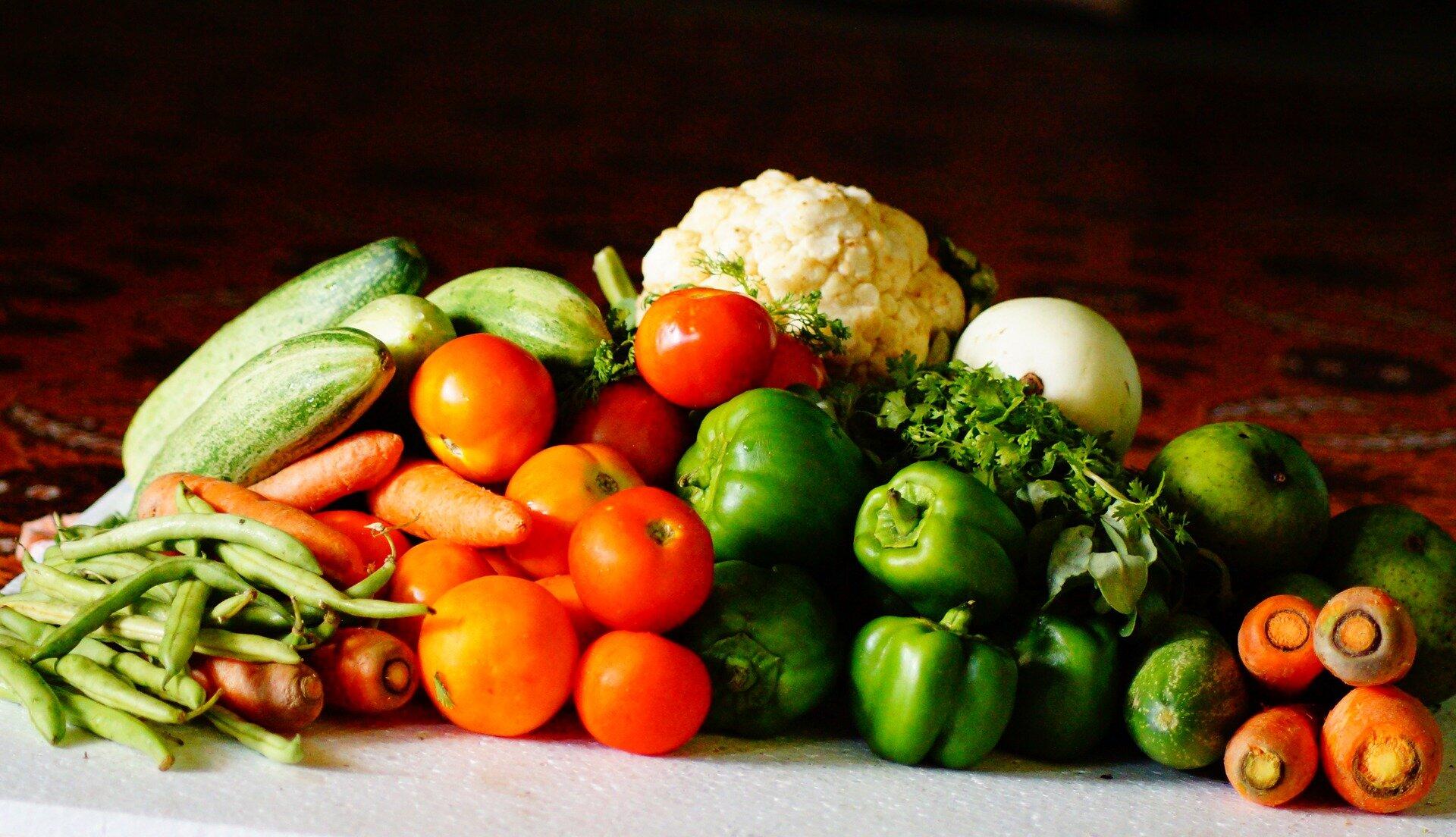According to Tastewise, conversations about farm-to-table on social media have gone up by 5% in the last year alone. Clearly it’s a topic that’s garnering more and more interest.
So, what is farm to table? Join us as we look into its benefits, highlighting the process that brings farm-fresh produce from local farms directly to your plate.
What Is Farm-to-Table?
The farm-to-table movement is all about shortening the distance between the food you eat and the farms where it’s grown. Farm-to-table focuses on cutting out the middlemen.
Instead of food traveling long distances through wholesalers, processors, and distributors, it comes directly from farmers to restaurants, markets, or even your home. It keeps the food fresher since it doesn’t sit in storage or travel far from where it’s grown. Consumers can enjoy higher quality produce, and local farmers gain more control over how their products are sold.
The Role of Sustainable Farming
Sustainable farming practices are at the heart of farm-to-table. This type of farming focuses on preserving the environment and maintaining soil health.
By using methods like crop rotation, organic fertilizers, and natural pest control, these farms avoid the harm that industrial agriculture can cause. Sustainable farms grow produce in a way that’s healthier for both the planet and the people who consume it.
The Local Food Movement
Farm-to-table is closely tied to the local food movement. The movement emphasizes eating food grown or produced near your community.
By buying locally, you’re supporting small farms, reducing the environmental impact of long-distance food transport, and boosting your local economy. The local food movement and farm-to-table both focus on creating a stronger connection between people and the sources of their food.
Farm-to-Table Benefits
The farm-to-table movement brings several benefits to both consumers and the environment. These benefits touch on the quality of the food, the impact on the planet, and the support it offers to local communities.
There are three main benefits of farm-to-table:
- Freshness and nutritional value of the food
- Positive environmental impact
- Support for local economies
Freshness and Nutritional Value
One of the biggest advantages of farm-to-table is the freshness of the food. Since the produce doesn’t travel far, it’s often harvested at its peak ripeness. It means the fruits and vegetables are not only fresher but more flavorful.
When produce is fresher, it also tends to be more nutrient-dense. Many nutrients start to break down soon after harvest, so the shorter the time from farm to table, the more nutrition you get. Farm-to-table allows consumers to enjoy the best quality of food without the worry of added preservatives.
Environmental Impact
Farm-to-table is more sustainable than conventional food systems. By reducing the need for long-distance transportation, the movement cuts down on the carbon emissions that come from shipping food across the country or even the world.
Sustainable farming practices often go hand-in-hand with the farm-to-table approach. The farms use fewer harmful chemicals, promote biodiversity, and focus on preserving soil health. All of this contributes to a smaller environmental footprint and healthier ecosystems.
Support for Local Economies
When people choose farm-to-table, they’re directly supporting local farmers and businesses. Small farms often struggle to compete with large industrial operations, but the farm-to-table movement helps keep them in business. It creates jobs and keeps money circulating within the local community.
It’s not just about food. It’s about building a more resilient local economy. When restaurants, markets, and consumers all work with local farms, they help create a strong, connected community.
The Farm-to-Table Process
The farm-to-table process involves several important steps that ensure food is fresh, sustainable, and local.
Farm-to-table starts with sustainable farming methods. The farms focus on practices that protect the environment, such as using organic fertilizers, rotating crops, and reducing the use of pesticides.
It not only keeps the soil healthy but also ensures that the food grown is free from harmful chemicals. Farmers also work to grow food that’s in season, which means you’re getting produce at its peak ripeness.
Sustainable farms often avoid the industrial methods used by larger farms, opting instead for smaller-scale operations that focus on quality over quantity. It’s the foundation of the farm-to-table system, as the freshness and quality of the food begin with how it’s grown.
Distribution Channels
Once the food is harvested, the next step is getting it to consumers. Farm-to-table cuts out many of the middle steps that are common in conventional food systems.
Instead of being shipped across the country, produce is sold through direct channels such as farmers’ markets, community-supported agriculture (CSA) programs, or farm-to-table restaurants. It reduces the time from farm to plate, ensuring that the food stays fresh.
Farmers are able to sell their products directly to consumers, which means they have more control over the quality and can offer a more personalized experience. The focus is always on keeping the food local, which means it’s fresher and better for the environment.
Farm-to-Table at Home
You don’t have to go to a farm-to-table restaurant to enjoy this approach. Many people are bringing farm-to-table into their own homes by shopping at farmers’ markets or signing up for CSA programs.
These programs allow you to buy fresh produce directly from local farmers. You can also bring this concept into your home by growing your own food in a small garden. Eating seasonally is another key part of the farm-to-table process.
By focusing on foods that are in season, you’re getting the freshest produce available while supporting local farmers who grow what’s best for your region. It creates a direct connection between you and the food you eat, allowing you to enjoy the benefits of farm-to-table every day.
The Best of Farm-To-Fork Dining!
So, what is farm to table? As you can see, it’s a system that highlights the importance of fresh, local, and sustainable food.
Ron’s Original Bar & Grille is a top Italian restaurant in Exton PA, featuring scratch-made dishes with the freshest ingredients. We also offer gluten-free, vegetarian, spicy, hormone and antibiotic free options.
Get in touch today to find out how we can make your farm to table experience an amazing one!

